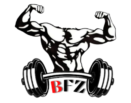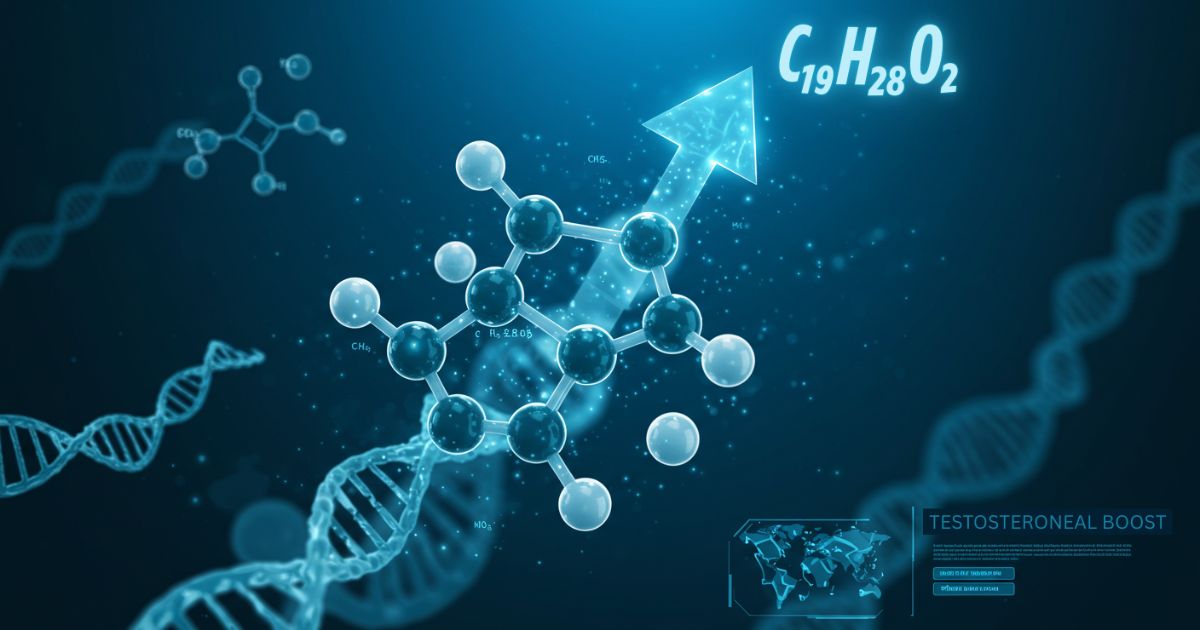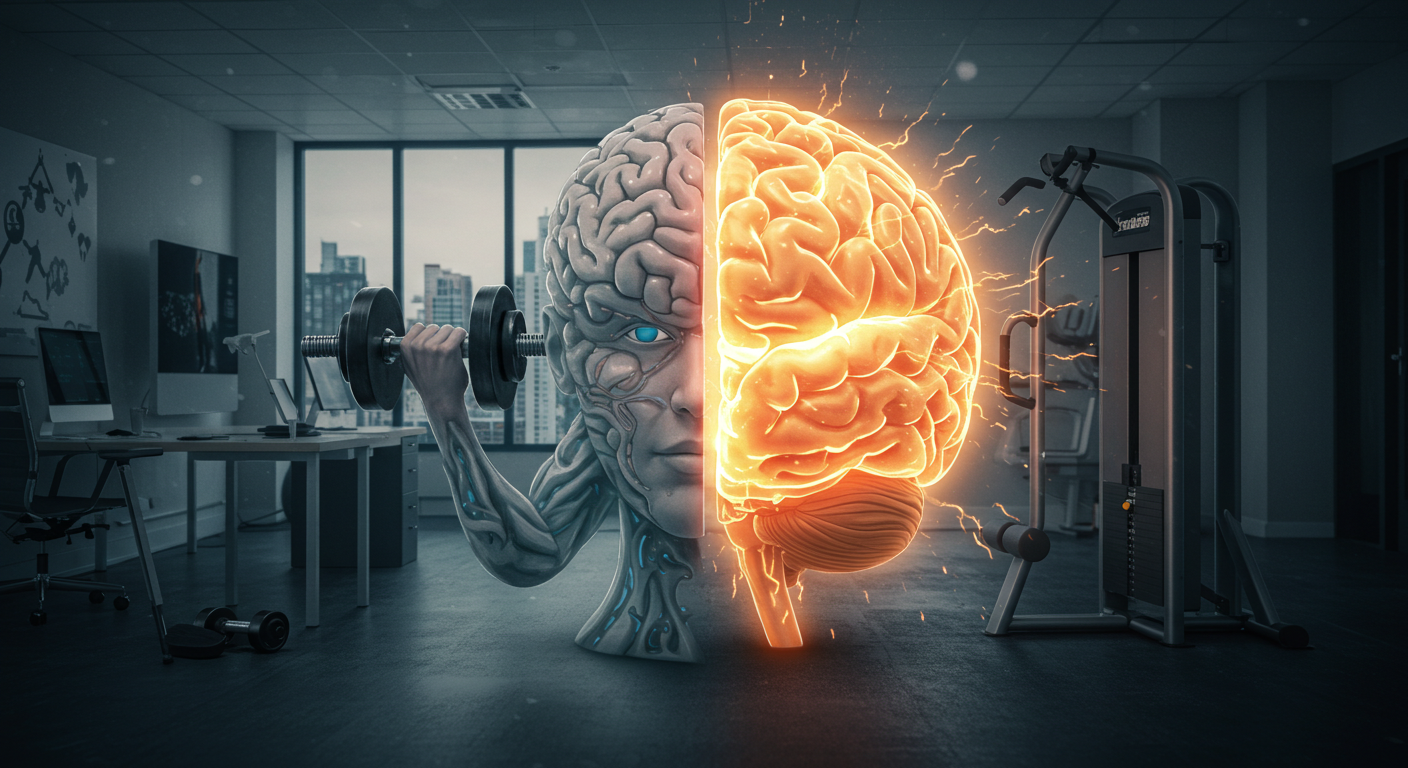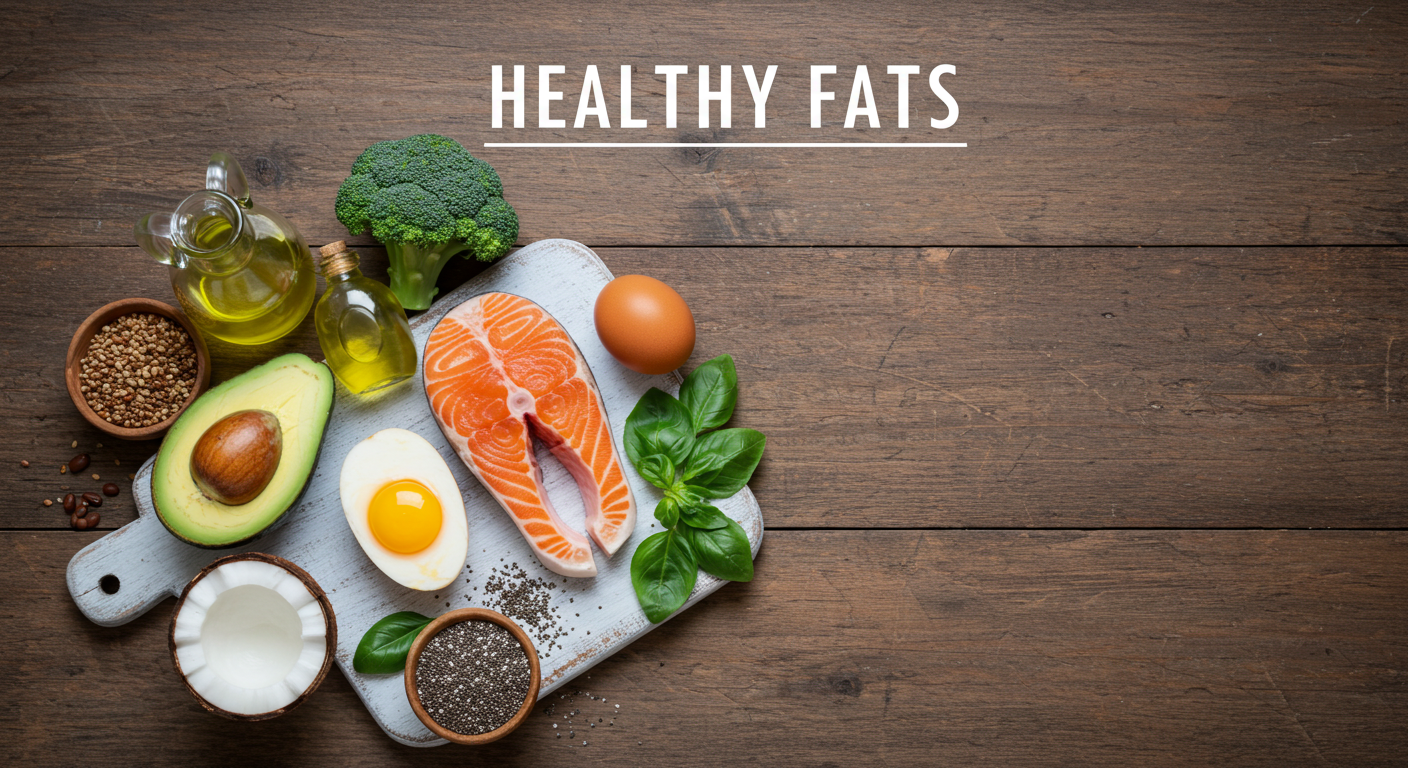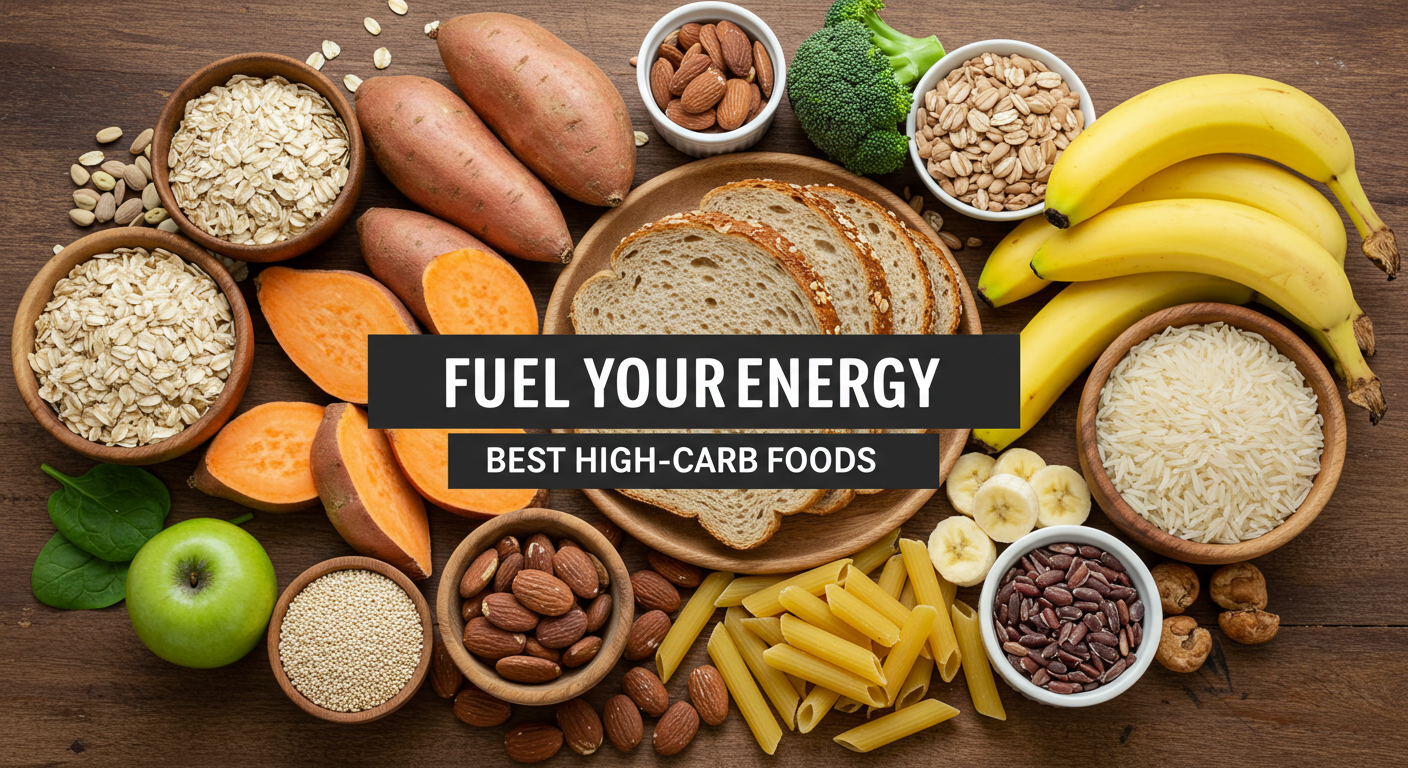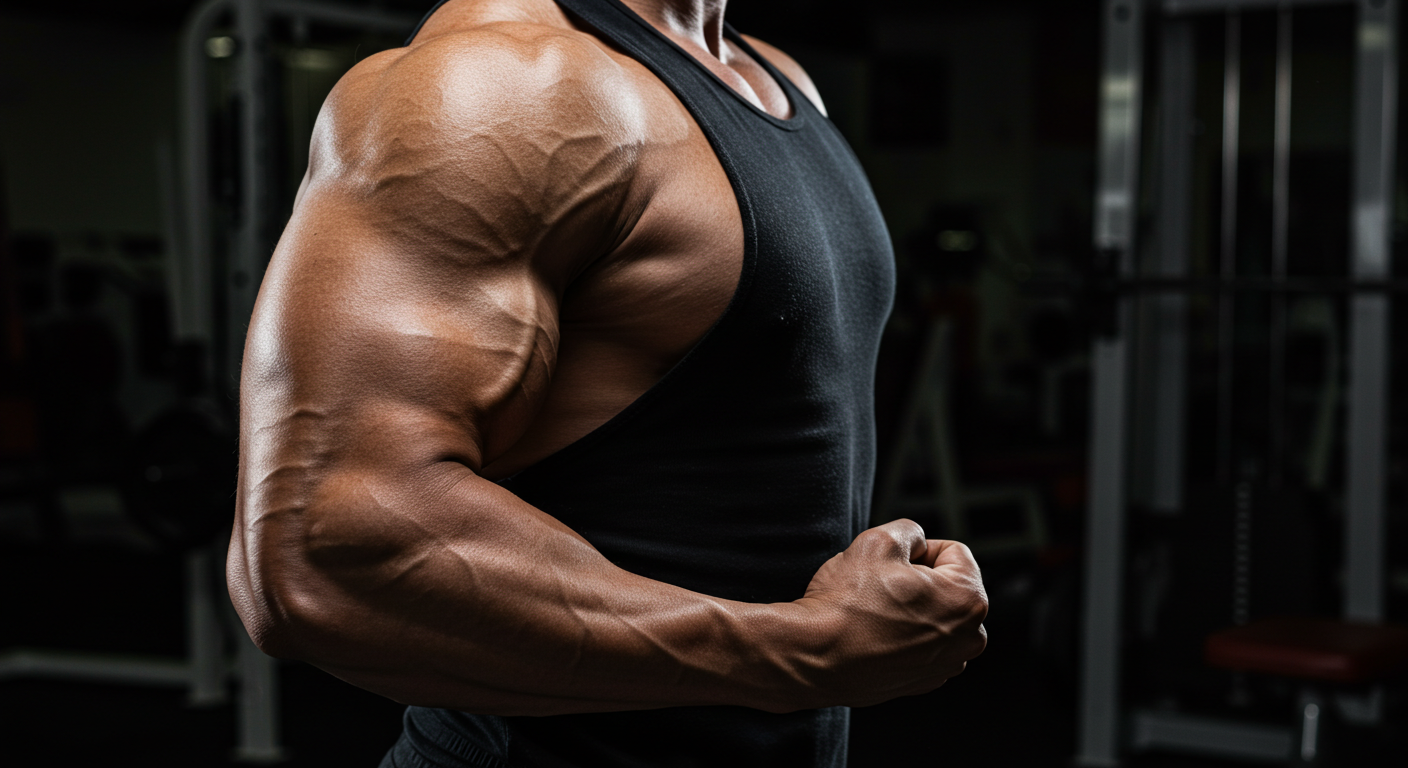Protein is one of the most important macronutrients in our body, which works to build muscle, repair tissues, produce hormones and boost immunity. Lack of protein in the daily diet can lead to weakness, muscle loss, low immunity, and a slowed down the metabolism.
But the question is, what is the best source of protein? Many people think only meat or eggs are the main sources of high protein, but plant-based foods, dairy products, fish and seafood, protein supplements, and animal-based foods all have different nutritional properties and functions.
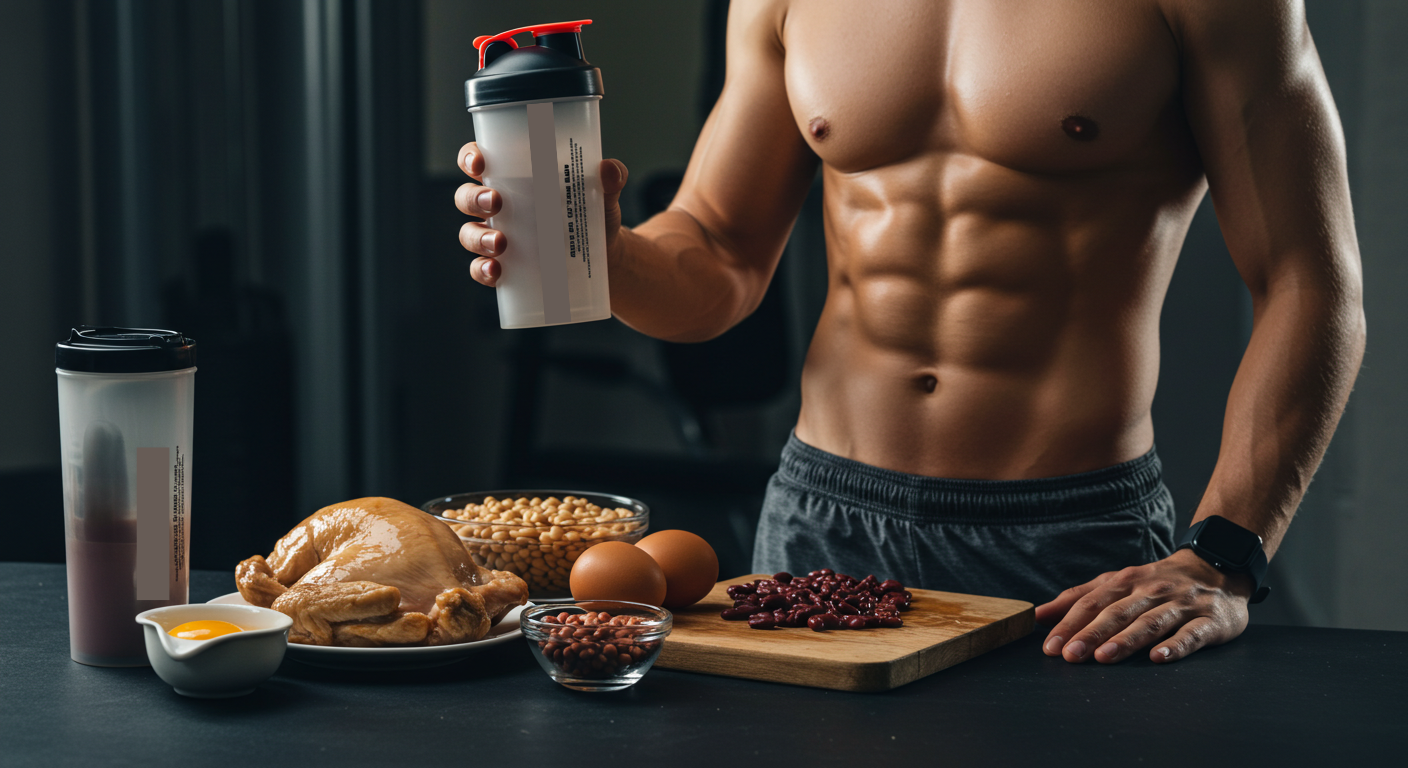
The quality of the protein is also important. Some protein sources are quickly absorbed by the body and maintain a good balance of amino acids, which is measured by the biological value (BV). For example, BV 100 of egg protein, which is absolutely perfect for the body, but in some plant-based sources can be deficient in amino acids. So, it’s not enough to just get more protein – it’s important to get it from the right source.
In this article, we will discuss the top 17 high-quality protein foods, their protein size, other nutrition and their benefits. No matter what your goal is, building muscle, losing weight, becoming strong, or staying healthy?
The role of protein in our body
Protein is one of the main macronutrients of the body, which plays an important role in muscle building, tissue repair, enzyme and hormone production, immunity and energy production.
Muscle Growth and Repair: Protein is the main component of muscle building. After a heavy workout, the muscles are damaged, and the protein activates Muscle Protein Synthesis (MPS), which helps in repairing muscle and making them bigger than before. Leucine amino acid is especially effective for muscle growth.
The Role of Amino Acids in Muscle Growth: Protein is made up of amino acids that help in the formation of cells and tissues in our body. 9 essential amino acids (EAA) are taken from food, which play an important role in protein synthesis and muscle growth.
The Production of Enzymes and Hormones: Enzymes and hormones made from protein regulate the body’s metabolism, digestion, and energy. For example, insulin regulates blood glucose, and hemoglobin helps transport oxygen.
Improving the Immune Function: Proteins play an important role in the formation of antibodies in the body, which fight viruses and bacteria. A lack of protein weakens the immune system, making it more susceptible to disease.
Supports Skin, Hair, And Nail Health: Protein-based collagen and keratin keep the skin, hair, and nails healthy and strong. Collagen maintains the elasticity of the skin, while keratin strengthens the hair and nails, which is important for beauty and health.
Energy Production: Although the body gets energy mainly from carbohydrates and fats, protein is used as a source of energy through the process of gluconeogenesis during calorie deficit. Without prolonged exercise, the body can break down protein from the muscles and produce energy.
Appetite Control and Weight Management: Protein regulates the hormones leptin and ghrelin, which reduce appetite and lead to a longer feeling of satiety. A high-protein diet can help you lose weight and boost your metabolism.
Increase Bone Health: Protein helps in the production of collagen, which strengthens bones and prevents osteoporosis. Studies have shown that consuming enough protein increases bone density and reduces the risk of fractures.
Animal-Based Protein Sources
1. Chicken/Turkey Breast Meat

Chicken and turkey breast meat are excellent sources of lean and high-protein. It is very effective in increasing muscle mass and restoring body strength. Moreover, chicken and turkey breast meat are very low in fat and calories, which helps to control weight.
Protein: 100 grams of chicken/turkey breast meat contains about 31 grams of protein, about 160 calories, and 3-4 gm of fat.(1)
It also contains many important vitamins and minerals. Among them is vitamin B6, which is helpful in improving muscle activity and brain health. Also, it has phosphorus, which is very important for bone health and energy production. Its selenium helps to reduce inflammation and strengthen the body’s immune system. All these nutrients play an important role in improving the overall health of the body.
The protein present in chicken and turkey breast meat, especially lean protein, helps in the repair and rebuilding of muscle tissue in the body. As a result, it can be a great food for muscle growth.
2. Lean Beef

Low-fat beef is a powerful source of high protein, which can be a very useful source for muscle growth.
Protein: 100 grams of lean beef contains about 31 grams of protein. Plus, it contains about 150-180 calories and 4-6 grams of fat. (2)
Also, it has Iron, Zinc, and Vitamin B12.
Iron is helpful for hemoglobin production, which keeps the blood circulation healthy. Zinc plays an important role in boosting the body’s immune system and accelerates the body’s repair process. Also, vitamin B12 helps to maintain the activity of the nervous system and blood circulation in the body, which helps to maintain the normal functioning of the body.
Protein plays an important role in building and maintaining muscle mass. It helps to produce energy and rebuild tissue, especially in people who workout and eat high protein to repair muscle.
3. Lamb

Lamb is a rich source of high-quality protein and important nutrients.
Protein: 100 grams of turkey meat contains about 25 grams of protein, and it has around 205 calories and 15 grams of fat.(3)
Also, it is rich in omega-3 fatty acids and healthy fats. However, it is important to eat it in moderation to avoid the accumulation of excess fat in the body. According to the diet and physical needs of the person, 200-300 grams of lamb can be eaten per week. Grilled, boiled, or baked meat is better to enjoy in a healthy way, as it contains less excess oil and fat. Avoid fried or spicy food.
4. Tuna

Tuna fish is not only delicious but also a very nutritious seafood, which is very useful for the body. Tuna fish is one of the best sources, especially for those who are looking for a diet rich in high protein.
Protein: 100 grams of tuna meat contains about 23-25 grams of protein and 132 calories with 1.3 gm of fat (4)
Tuna fish contains omega-3 fatty acids, which are very effective in reducing the risk of heart disease. It has only 100 calories per 100 grams, which makes it an excellent low-calorie protein source. Also, Vitamin D helps maintain healthy bones and muscles. Selenium helps to strengthen the body’s immune system and reduce inflammation.
The nutritious, low-calorie, and high-protein content of tuna makes it an ideal food, especially for those looking for meat alternatives. It is beneficial for the heart and brain, as well as helping to boost the body’s immune system.
5. Salmon

Salmon is a popular and highly nutritious seafood, which is one of the best sources of healthy fats and protein. Salmon is a healthy protein source for the body, which supports muscular growth, cell repair, and energy production. Besides, it helps to increase the body’s metabolism and immune system.
Protein: 100 grams of salmon contains about 20-25 grams of protein, 208 calories, with 13 g of fat. (5)
Salmon contains vitamin D, which protects the health of bones and the functioning of the nervous system. The selenium in it helps to reduce inflammation in the body and strengthen the immune system. There are about 200 calories per 100 grams, which is a good source of energy.
Salmon is helpful in reducing the risk of heart disease, high blood pressure, and diabetes. Its healthy fats and proteins help to build muscle and increase energy. It is also beneficial for the skin, hair and eyes, as the antioxidants contained in it protect the cells of the body.
6. Shrimp

Shrimp is a very popular and nutritious seafood that helps to add protein and various important minerals to your diet. It is low-calorie and low-fat but a great source of protein.
By eating shrimp, you are getting a nutritious, tasty, and healthy food on the cheap, which can be prepared quickly, and it is possible to make various recipes easily.
Protein: 100 grams of shrimp contains about 20-24 grams of protein, 100 calories, with 0.3 gm of fat. (6)
Vitamin B12 in shrimp is essential for the health of the nervous system and helps to increase the body’s energy production. Also, it is rich in selenium and zinc. The zinc in shrimp is helpful in boosting the body’s immune system and improving cell function. Moreover, shrimp is low in calories; only 95 calories per 100 grams, which makes it a healthy and low-calorie food option.
Health benefits of shrimp: Shrimp can help reduce heart disease and high blood pressure, as the omega-3 fatty acids in it are effective in reducing inflammation in the body. It is also beneficial for skin and hair health.
7. Eggs

Eggs are a complete protein source, containing all the essential amino acids, which are helpful in muscle building and cell regeneration. Egg whites contain high-quality protein, which is quickly absorbed and extremely beneficial for muscles. Egg yolk contains vitamins, minerals, and healthy fats.
Protein: A medium-sized egg contains about 6-7 grams of protein, 55-80 calories (depending on size), and 5 g of fat (7)
Vitamins A, D, E, and B12 present in eggs are helpful in increasing the body’s energy production and boosting immunity. Plus, the antioxidant components of eggs play an important role in maintaining eye health and help maintain the protection of skin cells.
Eggs are helpful in meeting your daily nutritional needs. It can help reduce the risk of heart disease and diabetes and is beneficial for skin, hair, and eyes.
Dairy Products
8. Milk

Milk is a very nutritious food that is rich in protein, calcium, vitamin D, and other important minerals. It helps in building muscle, bone strength and energy production. The quality of milk protein is high and it helps the body to rebuild muscles, especially for recovery after training. Calcium in milk is important for maintaining bone health and preventing bone loss.
Moreover, the vitamin D in milk increases the body’s ability to absorb calcium, which further increases bone strength. Milk fat, if not consumed in excess, is an important energy source for the body and is also beneficial for the skin and hair.
Protein: 100 milliliters of milk contains about 3 grams of protein, 44 calories, with 128 mg calcium, and just 1 gm fat. (8)
Calcium is very important for maintaining bone health. 100 ml of milk contains about 125 mg of calcium, which is helpful in preserving bone strength. Vitamin D in milk helps to maintain bone strength and increase calcium absorption. Also, vitamin B12 is essential for the health of the nervous system and is helpful in increasing energy production.
Milk fat is important for the body’s energy, but it should be consumed in moderation. 100 ml of milk contains about 60 calories, which is a good energy source. It aids in digestion and boosts immunity. Moreover, the antioxidants in milk help to improve skin health.
9. Cheese

Cheese is a protein and calcium-rich food, which plays an important role in building muscles and maintaining bone health. It contains high-quality protein, vitamin A, vitamin B12, and phosphorus, which are helpful for nervous system health and energy production. Although cheese fat is necessary for the body’s energy, it should be consumed in moderation.
Protein: 100 grams of cheese contains 20-30 grams of protein, extremely high calories, around 400, and 33 g of fat. (9)
Cheese is rich in calcium, which helps in maintaining bone strength. It is rich in vitamin B12, which is essential for the health of the nervous system, which helps to increase energy production. Vitamin A plays an important role in skin and eye health. Although cheese fat is necessary for the body’s energy, it should be consumed in moderation. 100 grams of cheese contains about 350-400 calories, which is beneficial for the body’s energy.
Plant-Based Protein Sources
10. Seitan

Seitan, also known as “wheat meat,” is a protein-rich plant-based food made primarily from wheat gluten. It is an excellent protein source for vegans and vegetarians, which is extremely beneficial for muscle building and energy. Seitan is commonly used as a meat substitute and is a favorite of many people due to its meat-like texture.
Protein: 100 grams of cooked seitan contains about 25 grams of protein. Also, high in calories, around 370, and 1.5-2 g fat. (10)
Seitan is a very low-calorie food, which is beneficial for diet and fat reduction. It contains very little fat, which helps to reduce the risk of heart disease. Also, it is a good alternative to low carbohydrates, especially for those who follow a low-carb diet. Seitan helps to build muscle and increase energy and is a nutritious food for the body in general.
Seitan is helpful in maintaining heart health, helps build muscle, boosts energy, and is a nutritious food for the body in general. Being gluten-based, it may not be suitable for some people, so people who are particularly gluten-allergic should avoid it.
11. Pumpkin Seeds

Pumpkin seeds are a nutritious plant-based protein source, which is rich in various important vitamins, minerals, and antioxidants. These seeds are an excellent source of protein and healthy fats, which are helpful in maintaining physical fitness. Pumpkin seeds help to balance hormones and improve gut health.
Protein: 100 grams of pumpkin seeds contain about 18-20 grams of protein, around 450 calories, and 19 g of fat. (11)
Antioxidants help protect the body’s cells from damage and reduce inflammation. It is rich in magnesium, which is helpful in relaxing muscles and improving the health of the nervous system. Apart from this, its fiber helps to keep the digestive system healthy and improves the digestive process.
12. Soya chunk

Soy chunks are a powerful plant-based protein source, which is known to be the ideal protein source for vegans and vegetarians. It is made from soy protein, which is high in quality and provides essential amino acids for the body. Soy chunks in particular are extremely effective for building muscle and increasing energy levels.
It is essential for physical regeneration and muscle growth. Soy chunks provide all the essential amino acids, which together help build the body’s muscles, produce energy, and repair cells. For vegetarians, it serves as a complete protein source, which is usually found in animal protein.
Protein: Soy chunks have a high amount of protein, about 36-52 grams per 100 grams (depending on brand), contain 330-360 calories, and 20 g of fat. (12)
It also has fiber, Vitamin B, and iron.
Fiber plays an important role in improving digestion and is beneficial for gut health. Vitamin B helps the body produce energy and is important in maintaining the normal functioning of the nervous system. Also soy chunks contain a lot of iron, which is helpful in preventing anemia and plays an important role in increasing energy in the body.
As it contains less saturated fat and cholesterol soy chunks are very helpful to reduce the risk of heart disease. It produces energy and helps in the proper restructuring of your muscles. In vegetarian and vegan diets, it acts as a proper protein source and helps in muscle building.
13. chickpeas

Chickpeas are an excellent source of plant-based protein, which is an excellent nutrient for both vegetarians and non-vegetarians. It has a great amount of protein which is helpful in muscle building and body recovery. But dried chickpeas cannot be eaten directly, it must be soaked.
Protein: There are about 20 grams of protein per 100 grams in the dry state, have around 380 calories, and have 5-6 g of fat. (13)
Because of its high fiber content, it improves digestion and improves gut health. Iron helps in the production of hemoglobin in the blood and keeps the flow of oxygen in the body normal. Magnesium plays an important role in relaxing muscles and nerves, which helps to keep the body stress-free. In addition, it is relatively low in calories but gives a feeling of fullness for a long time, which is helpful in preventing overeating.
Dried chickpeas cannot be eaten raw, as it is extremely difficult to digest. So chickpeas should be soaked in water for 6-8 hours or overnight so that it is soft and easily digestible. By soaking, some of the antinutrients are reduced and the body can easily absorb the nutrients of chickpeas.
It’s also helpful for weight management because of its high protein and fiber, it reduces appetite and keeps the stomach full for a long time. Also Controls Blood Sugar Levels. The fiber and good fats in it are beneficial for the heart.
14. Peanuts

Peanuts are a very nutritious food, which on the one hand is a good source of protein and on the other hand, provides various nutrients for the body.
Protein: 100 grams of peanuts contain about 26 grams of protein, very high in calories, around 570 and 49 g of fat. (14)
Peanut protein is especially beneficial for vegetarians since it contains a full-fledged amino acid profile, which provides all kinds of amino acids necessary for the body.
Also, peanuts contain a lot of healthy fats and fiber, which help prevent heart disease and keep the digestive system healthy. Its combination of protein and fat is helpful in increasing the body’s energy production, making it an ideal option for quick energy recovery, especially after exercise.
However, due to the high-calorie content of peanuts, eating too much of it can lead to the accumulation of excess fat in the body. The fat in it is mainly single-vaporized fat, which is beneficial for heart health, but should be consumed in moderation. It is especially important to be aware of the amount of peanuts eaten, especially for those who want to lose weight or control calories.
15. Almonds

Almonds are a powerful plant-based protein source that is extremely rich in nutrients. It is an excellent source of protein, healthy fats, vitamin E, magnesium, and fiber, which are helpful in various essential functions of the body. Almonds help prevent heart disease, improve skin health, and maintain the body’s energy.
Protein: 30 grams of almonds contain about 6 grams of protein, around 175 calories, and 15 g of fat. (15)
Almonds are an excellent source of healthy fats, including monounsaturated fats, which are helpful in maintaining heart health. Vitamin E, it helps to improve skin health and maintain cell protection. Magnesium helps in relaxing the muscles and maintaining the health of the nervous system. Also, almonds contain a lot of fiber, which helps to maintain the health of the digestive system and improve the digestive process. It reduces the risk of heart disease, improve digestion, and keep the skin fresh and healthy. It helps control sugar and serves as a source of energy in general.
Protein Supplements
16. Whey Protein / Plant-Based Protein Powders

Whey protein is a high-quality protein obtained from milk, which is quickly digested and absorbed. It is mainly available in three forms – concentrated, isolated, and hydrolyzed.
Whey protein concentrate contains about 70-80% protein and contains some amount of lactose and fat, which is good for taste.
Whey Isolate is highly processed, contains 90% or more protein, and is low in lactose and fat, making it suitable for weight controllers.
Whey hydrolyzed is a pre-digested protein, which is rapidly absorbed in the body and is commonly used in sports nutrition.
Whey protein is helpful in muscle recovery and growth, especially after exercise. It is rich in branched-chain amino acids (BCAA) such as leucine, isoleucine, and valine, which play an important role in muscle building.
Plant-based protein powders, on the other hand, are sources of protein made from soy, beans, nuts, canola, or pumpkin seeds. It is lactose-free, making it a suitable option for those who want to avoid dairy products. However, most plant-based proteins do not contain all the essential amino acids singly, so they are usually prepared by mixing multiple sources.
Soy protein isolate is one of the most popular plant-based alternatives, containing about 90% protein and having a complete amino acid profile. Pea protein is easily digestible and lactose-free, which is a good option for those with digestive problems. Although brown rice protein contains relatively few saturated amino acids, it is gluten-free and easily absorbed.
Whey protein is effective for those who want to build and restore muscle quickly, while plant-based protein powder is a good option for those who are vegan or lactose-sensitive.
17. Protein Bars

Protein bars are a type of pre-packaged snack that is a good source of protein and gives quick energy. They are especially beneficial for people with a busy lifestyle or those who need to take protein quickly after exercise. Protein bars usually contain protein sources such as whey protein, soy protein, Pea protein, or casein protein. Some protein bars also contain various vitamins, minerals, fiber, and antioxidants, which act as nutritional supplements. These protein bars are helpful in muscle growth, recovery, and maintaining strength. However, they must be qualitatively and quantitatively correct.
Downside: Some protein bars may contain too much sugar and calories, which can make you gain weight and increase your risk of diabetes and heart disease in the long run. The use of processed ingredients and artificial colors or flavors is not healthy. A high-fiber diet can lead to gas, bloating, constipation, and abdominal discomfort.
Some protein bars may contain excess fat, especially trans-fat, which is not good for your heart health. Protein bars cannot meet the full requirements of nutrition, and in the long run, can lead to nutritional deficiencies if it is used only as a dietary supplement.
The Bottom Line
Protein is very important for our body, it performs many important functions from muscle building to immune system activities. When choosing a source of protein, not only the quantity, but also its quality is important. Meat proteins such as chicken, lean meat, eggs, and fish provide us with complete protein, which contains all the essential amino acids for our body. In addition, they also provide various vitamins and minerals that help in maintaining our health.
On the other hand, plant sources such as citron, tofu, and lentils can also provide excellent protein, but they may need to be eaten together so that all the essential amino acids are available. Dairy products such as milk and cheese also provide high-quality protein, as well as calcium, which is essential for bone health.
So, choose the right protein source by diversifying your diet and build a proper foundation for a healthy, strong body.
